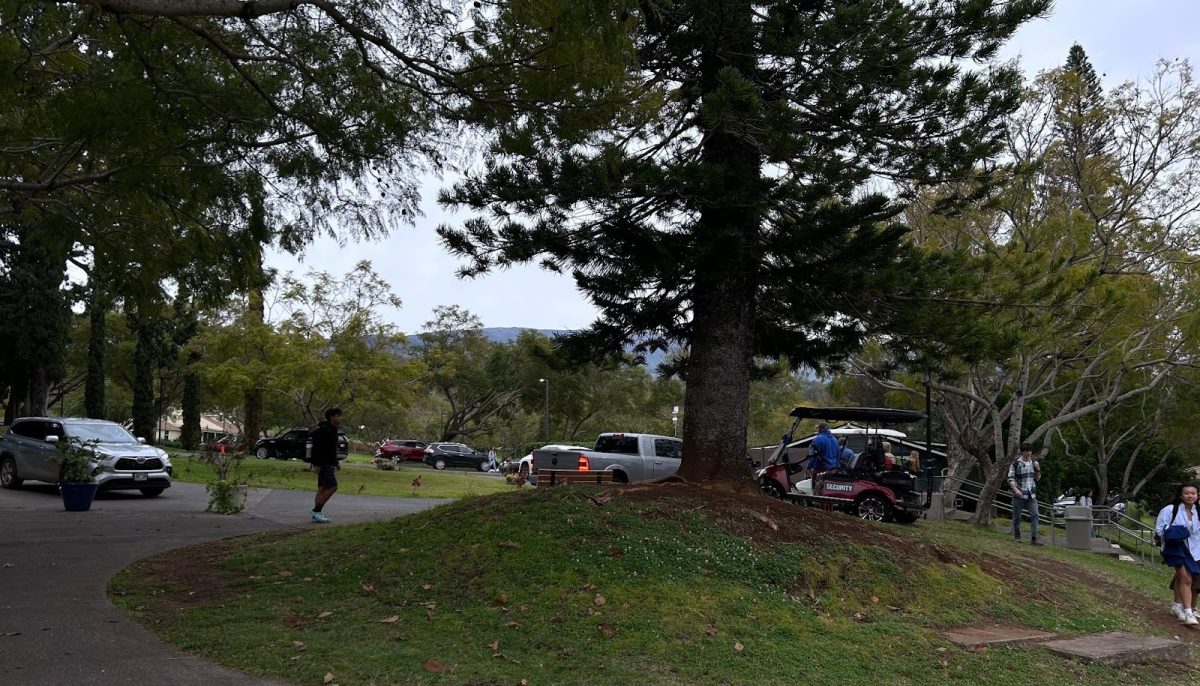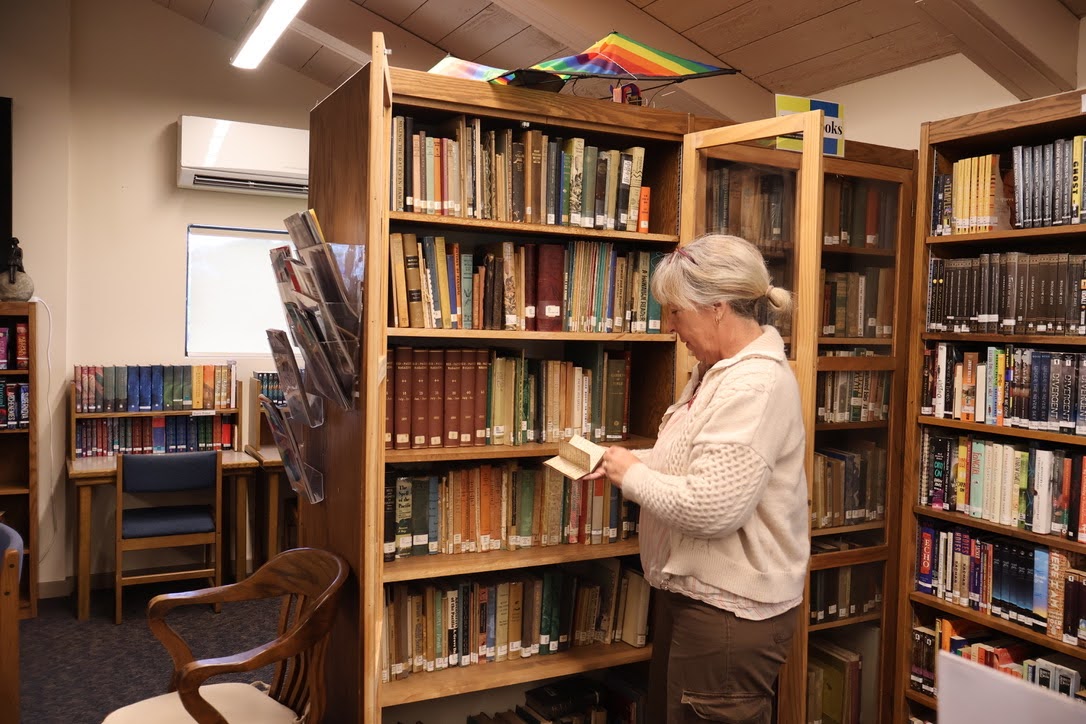There has been a debate on if schools like Seabury Hall should be starting later. A health teacher at Seabury provides science as to why it may benefit the health of students; however, there may be a logistical issue with the schedule adjustment.
“Delaying school start times even to 8:30 a.m. could be beneficial to students,” said Ms. Valerie Ryden, the Health and Wellness teacher at Seabury Hall in her classroom on Monday. “Going into puberty, adolescents’ sleep cycles are slightly delayed from adults.”
New science by the Center for Disease Control and Protection has recently been brought to light about sleep among teens. According to Ms. Ryden, with eight to ten hours of sleep, students would be able to perform better academically and in other aspects.
“The benefits would be a stronger immune system for reduced illnesses, better emotional regulation during the hormonal surges during puberty,” she highlighted. “better memory and learning, and fewer injuries during athletics.”
Although there is concern about the health of students at Seabury by teachers such as Ms. Ryden, logistically a new schedule may not work.
“Our current schedule works out well with siblings who may go to other schools,” said Mr. Bruce Madden, head of security at Seabury Hall. “They are able to get dropped off in time in good order.”
If a change was made, there may be an impact on the bus schedule of getting kids to school on time, according to Madden.
“We have to contend with King [Kekaulike High School] and Kamehameha [Schools Maui] bus schedules and their arrivals,” he said. “And parents, who are dropping kids off and then have to get to work.”
Along with these morning schedules, if the afternoon was altered it may be difficult for student athletes. Tulip Hori, a senior and Vice President of the student body, is a competitive athlete and rigorous student.
“In high school is when your APs start happening and you get hours and hours of homework per night,” Tulip said. “Then you’re going to bed at 12 a.m., waking up at 6 a.m. on a regular basis.”
Tulip’s workload as a senior and athlete makes her schedule tight.
“If the later starting time pushed school back later into the day then I feel like it would be more inconvenient for me personally,” said Tulip, who swims competitively. “I’m already basically driving from here straight to practice.”
Tulip is not the only student whose afternoon is full of extracurriculars, and who may be impacted by a later school finishing time. Mimi Ohad is a sophomore at Seabury Hall, and participates in after school activities, such as water polo.
“If a later start time were implemented and school ended later, I would have less time between school and sports after school,” said Mimi.
But, she said, the extra morning time would benefit her day.
“A later start time would be beneficial because I would be better able to manage sports, homework, and my personal time knowing that I could wake up later.”












